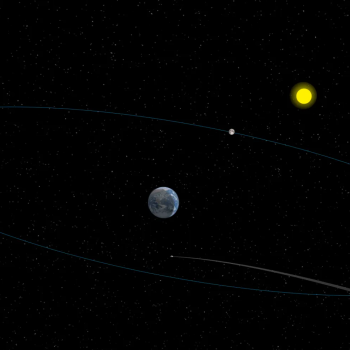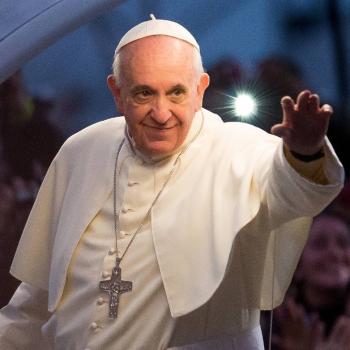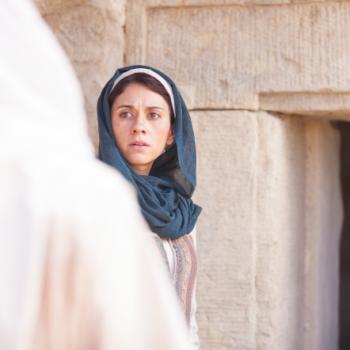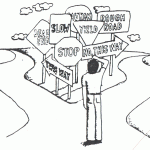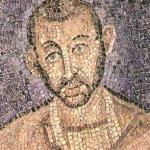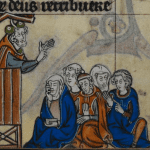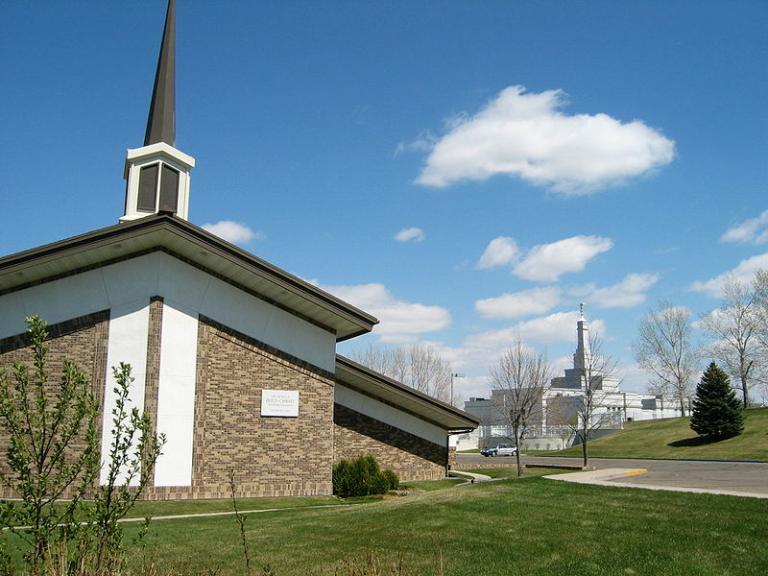
Some people will be very disappointed by these reports:
Gallup: “Church Attendance Has Declined in Most U.S. Religious Groups: Three in 10 U.S. adults attend religious services regularly, led by Mormons at 67%”
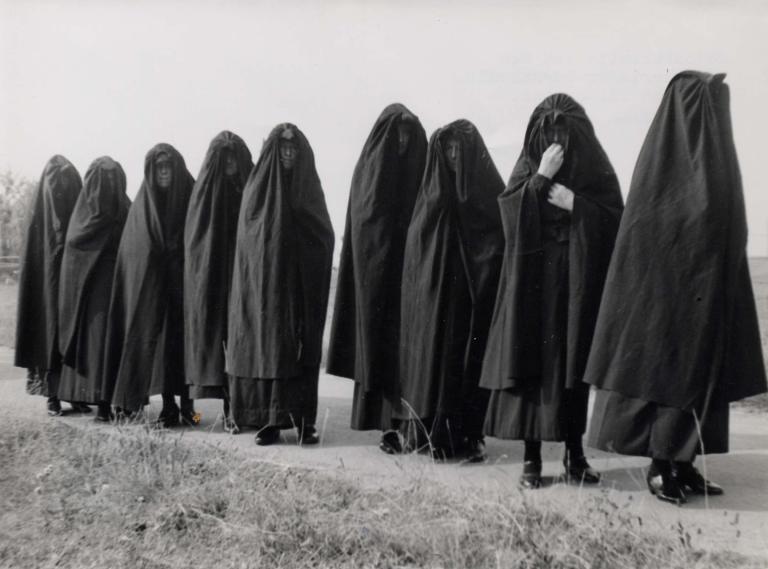
(Wikimedia Commons public domain image)
And some folks will be indignant at this:
Public Square Magazine: “An Open Letter to the New York Times: Latter-Day Saint women challenge the narrative of oppression, countering the view that they lack power within the Church of Jesus Christ.”
And at these Deseret News articles by Meagan Kohler:
Further in this regard: I don’t know whether you can access the Facebook page of Sierra Cece Larson, but her Facebook post of 9:53 PM on Friday, 22 March 2024, is very much worth a read. It begins with the words “Long post, sensitive LDS topic.”
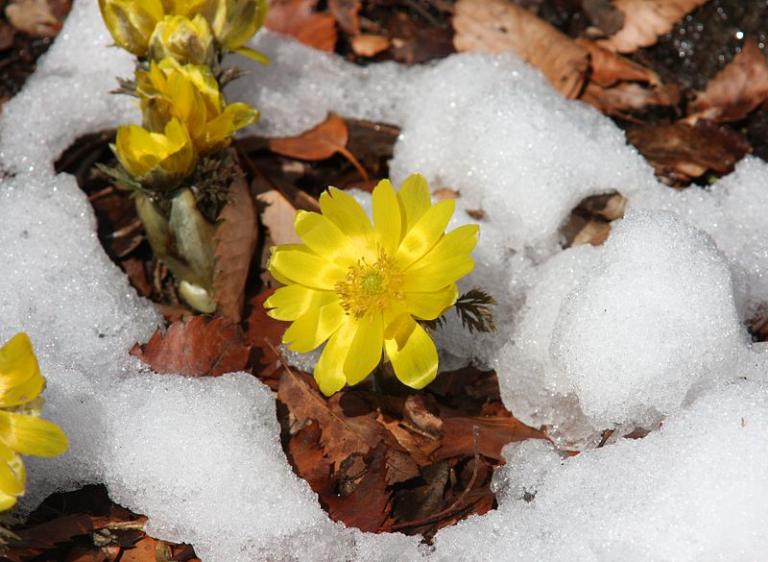
Here are a couple of additional resources for Holy Week that you might find of interest. They come from a non-LDS writer:
“The Holy Week Reader—Monday: A Savior Who Overturns Tables”
“The Holy Week Reader—Tuesday: Living Faithfully Under Sentence of Death”
And, for that matter, here are four more items that would be appropriate for this week:
“”Were You There?” BYU Men’s Chorus”
“Sharing the spirit of the Easter season, BYU Men’s Chorus has released new music about the life, sacrifice and grace of Jesus Christ. In this solemn hymn, “Were You There?” the chorus, conducted by Brent Wells, evokes the depths of Christ’s sacrifice, and His triumphant rise from the tomb. “Were You There,” arranged by Jamey Ray, originated as an African-American spiritual, and carries a message of hope and redemption.”
2024 BYU Easter Conference: “He Was Seen: Witnessing the Risen Christ”
“Each year, BYU Religious Education and the Religious Studies Center sponsor the annual BYU Easter Conference. A General Authority emeritus or former Church leader is invited to give the keynote address. Accompanying the keynote speaker are other teachers, educators, scholars, authors, speakers, historians, or experts on Christ. All speakers talk about the Savior, his life, his mission, his Atonement, and his influence in our lives today. Attending the BYU Easter Conference is an ideal way to prepare to celebrate the Easter season.”
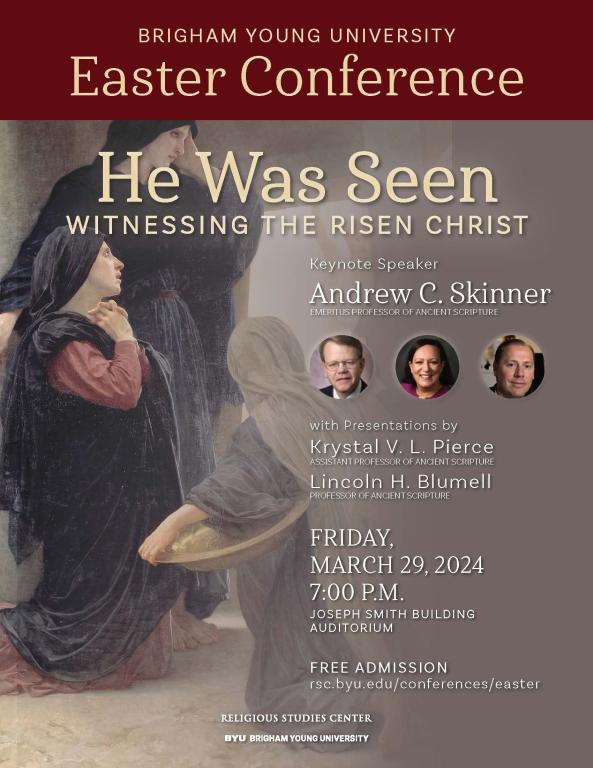
And, just in time for Holy Week:
Coincidentally, perhaps, Mr. Trump posted a message on his Truth Social this past Monday, 25 March 2025, that, he said, he had received from a Christian fan of his. It’s appropriate for your Holy Week meditations, n’est-ce pas?
“It’s ironic that Christ walked through His greatest persecution the very week they are trying to steal your property from you,” Trump quoted from the message. “But have you seen this verse…?”
Trump then quoted from Psalm 109:3-8, which says:
They have also surrounded me with words of hatred,
And fought against me without a cause.
In return for my love they are my accusers,
But I give myself to prayer.
Thus they have rewarded me evil for good,
And hatred for my love.
Set a wicked man over him,
And let an accuser stand at his right hand.
When he is judged, let him be found guilty,
And let his prayer become sin.
Let his days be few,
And let another take his office. [https://churchleaders.com/news/474250-donald-trump-celebrates-holy-week.html]

Englebert Fisen (d. 1733)
(Wikimedia Commons public domain image)
Many years ago now, I attended a presentation in a neighbor’s home regarding the physiology or the medical side of crucifixion. It was fascinating, but it was also grim. Crucifixion was a terrible way to die. Essentially, the victim died of asphyxiation. He had to lift himself up in order to breathe, but that might require him to put his weight on nails in his feet or ankles and in his hands and/or ankles. It would be excruciating, obviously, but the alternative was to suffocate.
Latter-day Saints don’t use crucifixes, and we certainly don’t use the horrifying crucifixes favored in some Christian traditions. We prefer to concentrate — and rightly so, I think, on the triumphant risen Christ. The good news, the euangelion, of the Gospel (from Old English godspel or “good tidings”) is meant to be good news. It’s not principally about death, but about life. Christianity isn’t, or shouldn’t be, a morbid faith. It’s not focused on pain, sorrow, suffering, and injustice, but on delivery from injustice, suffering, sorrow, and pain.
And yet I think it absolutely essential that we gratefully contemplate, at least from time to time, the enormous price that was paid to redeem us from sin and death.

(LDS Media Library)
From the Christopher Hitchens Memorial “How Religion Poisons Everything” File™: “Scattering Kindness: How a Day of Service Touched Hundreds of Lives in Gresham, Oregon: Women reflect on how service projects helped them feel God’s love as they served those in need”






